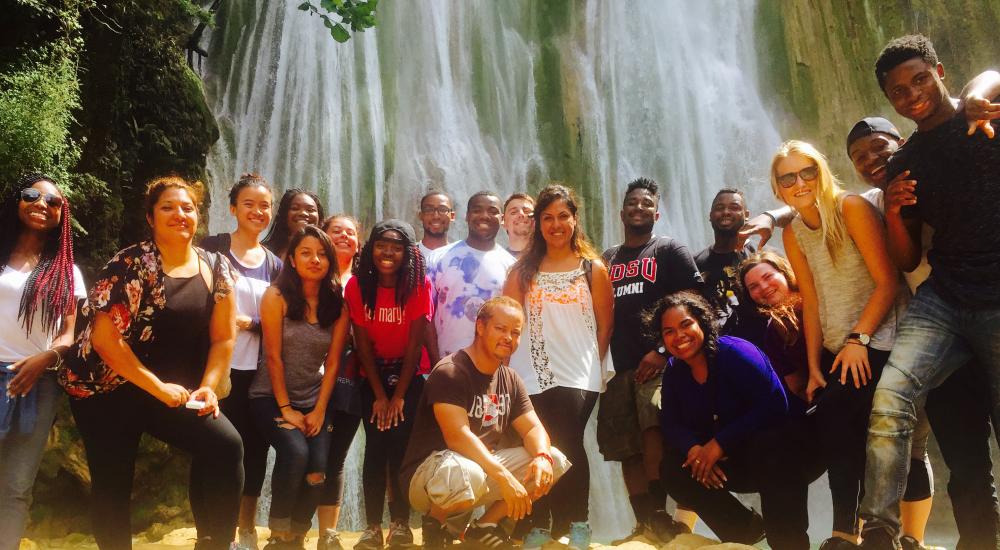Taking Intentional Steps: Navigating Gender and Identity Abroad

Studying abroad can be empowering and transformative for students, but the experience might also present significant challenges—especially when students bring gender and identity needs and expectations to a culture that differs from their own.
Education abroad professionals often face the unique challenge of supporting students in their identity development while also encouraging them to step outside of their norms. “There’s always a surge of concern after major world events that target [specific identity groups], but the work with student identities abroad has stayed consistent over the last few years,” says Amy Bowes, associate director of the Global Education Office at Duke University. “It was and is still a big part of the administration of study abroad programming.”
“For me, it’s all about research, respect, and safety first.” —Shawn Dillard
In this article, professionals from four institutions and providers share how they help students navigate the dimensions of their identities and prepare for cultural differences they may encounter during their time abroad.
For Students and Hosts, Knowledge Is Power
Stakeholders say it’s crucial for advisers to discuss identity-related concerns with students before they select a program. This conversation allows students to think through the possible challenges, consider alternative programs or destinations, and prepare appropriate on-site support for any difficulties their identity might pose while abroad.
For Bowes, predeparture advising and online resources are the primary touch points. “A lot of decision-making happens based on peer word of mouth at Duke, and it can be difficult to get students to use [the














